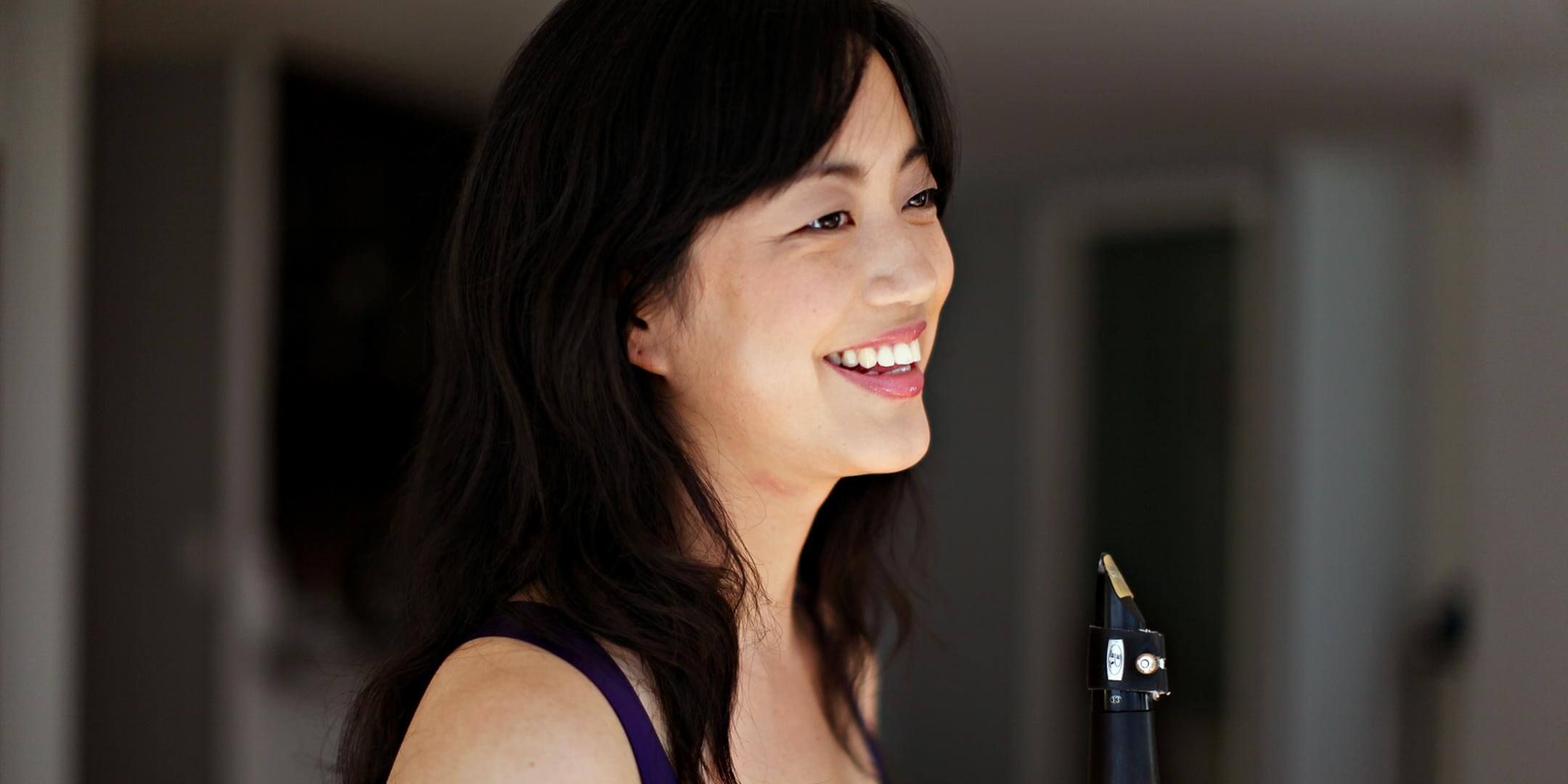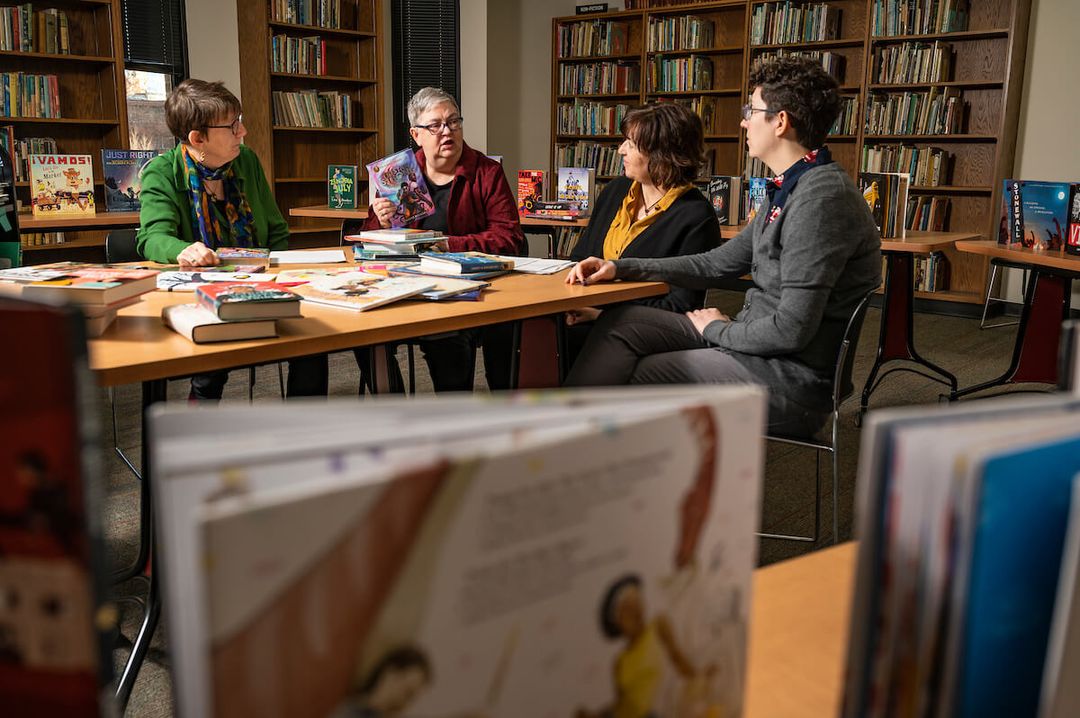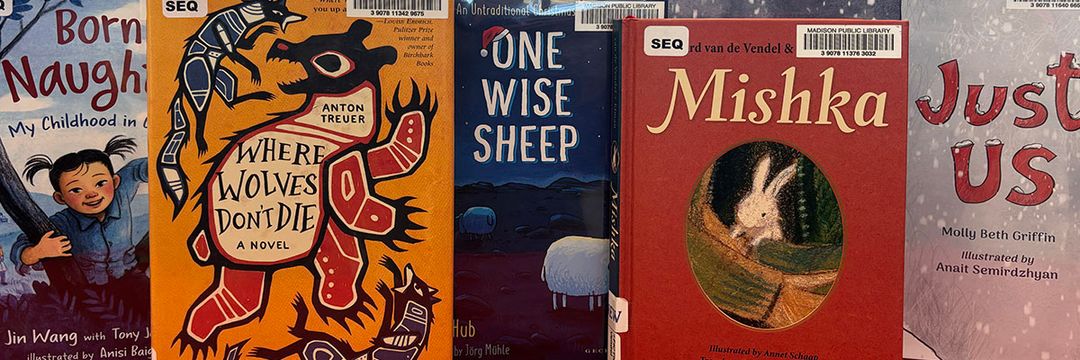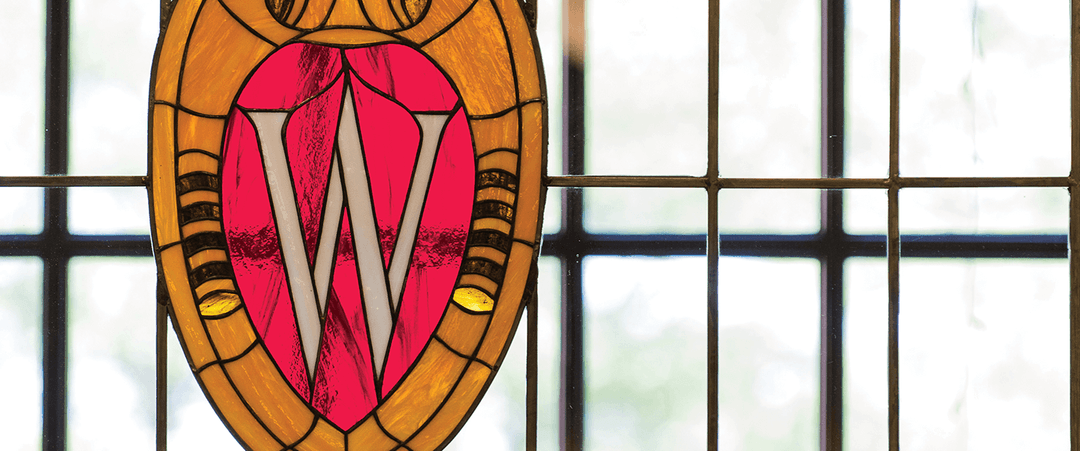Alicia Lee
Assistant Professor of Clarinet
Mead Witter School of Music
Lee comes from a family of musicians — her parents both taught music at Michigan State University — and her father selected clarinet for her. “He always wanted one of us to play a wind instrument,” she says of herself and her two siblings. “There are these Brahms sonatas, and a Brahms piano trio for piano, clarinet, and cello — pieces that he always wanted to play with someone in the family. I was the youngest, so it was me. I was the chosen one, I guess.”
When she left home to attend Columbia University, she thought music was behind her — her friends, econ majors, all encouraged her to think of a career in finance. She chose to major in French. But the clarinet wouldn’t leave her alone.
“I was still taking lessons, and it just became clearer over time that I wasn’t really going to be able to just give it up,” Lee says. “It slowly started to just take priority in my life.”
After earning her bachelor’s degree, Lee did graduate work at the University of Southern California and then the Colburn School in Los Angeles. She took a fellowship at Carnegie Hall and worked as a freelance musician in New York. Eventually, Professor Sally Chisholm — violist in the UW’s Pro Arte Quartet — recruited Lee to UW–Madison, and she’s been part of the faculty since 2017. Lee teaches individual lessons and Single-Reed Fundamentals, a course for music-education majors.
My assigned textbooks include:
“Generally,” Lee says, “the text — if there is one — is the instrument itself. If it’s completely brand new to them, they have to take this instrument and just learn everything: how to put together, how to make a sound on it, how to play different notes, how to move around on it. All of that is completely foreign to some. I only get eight classes with them, seven or eight classes, for them to be able to actually play music on this completely foreign instrument.”
But seriously, my assignments include:
Lee has her students learn to play clarinet by starting with simple things:
- Scales
- “Lightly Row”
- “Polly Wolly Doodle”
- 32 Études for Clarinet by Charles Rose
“One thing that we grapple with in classical music,” says Lee, “is that we've been using a lot of the same texts for many years, and decades.” Tradition is important, she says, but she also wants to help her students learn to branch out, to combine old and new. Key to the lessons is helping students learn the unseen physical aspects of playing their instrument. “That's something that we have to think about forever, truly,” she says. “There's something pretty unnatural about playing a musical instrument that you have to learn. There are all these things that you can't see inside the mouth inside, the body, that affect how you play.”
In my spare time I read (and watch and listen to):
Pachinko by Min Jin Lee
“I’ve also been enjoying the TV show,” she says. “It’s excellent. It’s about the Japanese occupation of Korea, so I was immediately taken by the story. It’s pretty amazing. And the music for the series is also excellent. It’s actually written by a former classmate of mine from Columbia, Nico Muhly.”
The music in film and TV is important because
Sometimes when you’re watching something, and the music is so good, it transforms the experience completely. And sometimes I’ve seen good movies with bad music — or nothing is bad, but music that really takes away from the experience. You want something that's going to really make it feel the whole experience surrounds you. There are some really great film composers out there, and a lot of them have such different backgrounds, some coming to it from popular music, some coming from classical backgrounds like Nico. And then you look at someone like Nicholas Patel — another great young composer, and he writes the music for Succession, which I think is an amazing series also.
The music everyone should listen to is:
The Rite of Spring by Igor Stravinsky
Mass for the Endangered by Sarah Kirkland Snider
Stravinsky’s Rite of Spring “is over 100 years old, and it still sounds completely new and exciting and modern,” Lee says. “It was obviously way ahead of its time. It was causing people to have seizures when they first heard it. That’s a piece that I never will get sick of hearing.”
The book I keep meaning to read but haven’t yet is:
1984 by George Orwell
“During the pandemic, I had an informal book club, and we decided to put 1984 on the list, and nobody read it except my sister. I really did mean to read it, but then she said it felt like it was actually a little too intense for what was happening in the world. It felt a little dark. So maybe I’m glad I didn't read it at that time.”
“We read a little bit of Proust when I was in school, and I was very taken by the ideas, and the idea of memory and all that and I really wanted to come back to that. And of course I never did. Everyone needs to go back to it. It's just … at this point it’s on the shelf of my parents’ house.”










